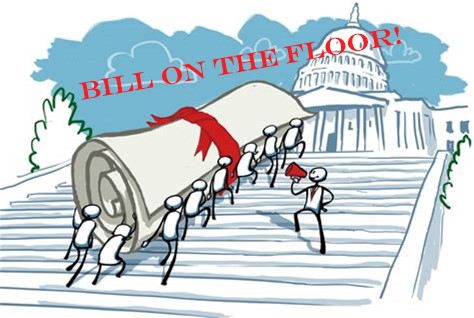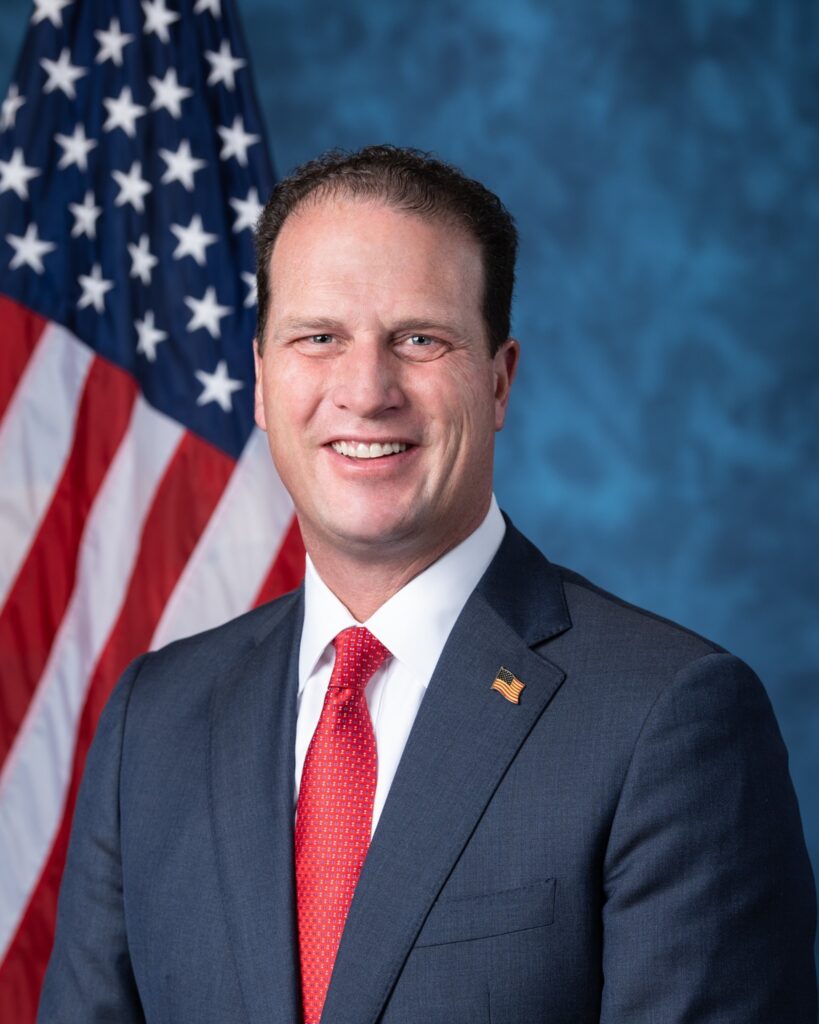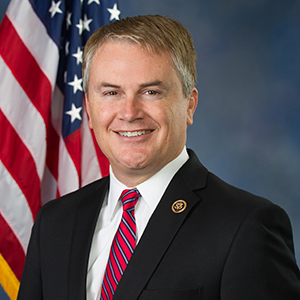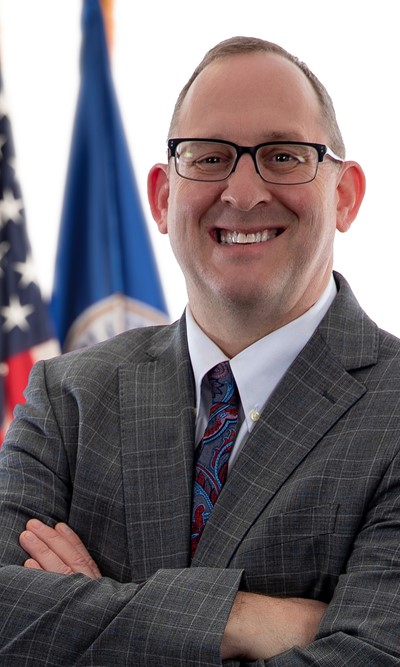Introduced in House (10/25/2024)
[Congressional Bills 118th Congress]
[From the U.S. Government Publishing Office]
[H.R. 10053 Introduced in House (IH)]
<DOC>
118th CONGRESS
2d Session
H. R. 10053
To require the Director of the Office of Personnel Management to
develop and implement mandatory training for covered Federal employees
regarding compliance with directives from the President, Vice
President, and other political appointees, and for other purposes.
_______________________________________________________________________
IN THE HOUSE OF REPRESENTATIVES
October 25, 2024
introduced the following bill; which was referred to the
Committee on Oversight and Accountability
Phone: (202) 225-5074
Fax: (202) 225-3974
2157 Rayburn House Office Building
Washington, DC 20515
_______________________________________________________________________
A BILL
To require the Director of the Office of Personnel Management:
(“Director of the Office of Personnel Management“
at the
U. S. Office of Personnel Management)
U.S. Office of Personnel Management
1900 E Street, NW
Washington, DC 20415-1000
1-202-606-1800
to develop and implement mandatory training for covered Federal employees
regarding compliance with directives from the President, Vice
President, and other political appointees, and for other purposes.
Be it enacted by the Senate and House of Representatives of the
United States of America in Congress assembled,
SECTION 1. SHORT TITLE.
This Act may be cited as the “Stop Resistance Activities by
Federal Employees Act” or the “STRAFE Act”.
SEC. 2. COMPLIANCE TRAINING FOR FEDERAL EMPLOYEES.
(a) In General.–Not later than 180 days after the date of the
enactment of this Act, the Office of Personnel Management shall develop
and implement a training program for covered Federal employees on the
limitations with respect to opposing, obstructing, or impeding lawful
directives from the President, Vice President, or any other political
appointee, including Executive orders, National Security Presidential
Memoranda, Presidential Decision Directives, Agency Directives.
(b) Training Contents.–The training program required under
subsection (a) shall include–
(1) an explanation of the violations and penalties
associated with obstructing the exercise of the authority or
the performance of the responsibilities of the President or a
political appointee; and
(2) instructions on–
(A) identifying the activities described in
paragraph (1) and subsection (a) which Federal
employees are prohibited from engaging in; and
(B) how to report Federal employees engaging in
such prohibited activities to appropriate political
appointees in the Senior Executive Service.
(c) Training Schedule.–
(1) In general.–The head of each Federal agency shall
require each covered Federal employee of such agency to–
(A) complete the training program implemented under
subsection (a)–
(i) not later than 30 days after the
appointment of such covered Federal employee to
a position in such agency; and
(ii) not less than once every 12 months;
and
(B) each time such covered Federal employee
completes such training program, sign a written
statement acknowledging that such covered Federal
employee has received such training and that such
covered Federal employee will act in accordance with
such training.
(2) Effective date.–Paragraph (1) shall take effect on the
date that is 30 days after the date on which the Office of
Personnel Management implements the training program required
under subsection (a).
SEC. 3. REPORTING.
(a) Reporting Process.–Not later than 180 days after the date of
the enactment of this Act, the head of each Federal agency shall
established a process for covered Federal employees to report Federal
employees for engaging in activities described in subsections (a) and
(b)(1) which Federal employees are prohibited from engaging in to
appropriate political appointees in the Senior Executive Service.
(b) Report to President.–Not later than 180 days after the date of
the enactment of this Act, and every six months thereafter, the head of
each Federal agency shall submit to the Executive Office of the
President a report containing–
(1) the number of reports submitted during the period
covered by the report with respect to Federal employees of such
Federal agency engaging in activities described in subsections
(a) and (b)(1) in violation of law, regulation, or policy; and
(2) the number of investigations into such activities that
were initiated, ongoing, or completed during the period covered
by the report.
SEC. 4. PENALTIES FOR NONCOMPLIANCE WITH LAWFUL DIRECTIVES.
In addition to any other penalties imposed by law, a covered
employee who unlawfully opposes, obstructs, or impedes a lawful
directive described in section 2(a) shall be subject to–
(1) disciplinary action up to and including removal,
reduction in grade, debarment from Federal employment for a
period not to exceed 5 years, suspension, or reprimand;
(2) an assessment of a civil penalty not to exceed $1,000;
or
(3) any combination of the penalties described in paragraph
(1) or (2).
SEC. 5. DEFINITIONS.
In this Act:
(1) Covered federal employee.–The term “covered Federal
employee” means an individual holding a position in the civil
service in the executive branch that is classified at or above
GS-15 of the General Schedule (or equivalent) or in the Senior
Executive Service (or equivalent) and either–
(A) is in an element of the intelligence community
(as such term is defined in section 3(4) of the
National Security Act of 1947 (50 U.S.C. 3003 (4)));
(B) is in the Department of Defense;
(C) the duties of which are primarily–
(i) performing law enforcement activities,
including–
(I) the investigation,
apprehension, or detention of
individuals suspected or convicted of
offenses against the criminal laws of
the United States; and
(II) the enforcement of immigration
laws (as such term is defined in
section 101 of the Immigration and
Nationality Act (8 U.S.C. 1101));
(ii) the prosecution of such individuals
for such offenses;
(iii) the protection of officials of the
United States against threats to personal
safety;
(iv) performing diplomatic activities with
foreign entities on behalf of the United
States; or
(v) the development, implementation, or
enforcement of regulations issued by Federal
agencies, other than regulations pertaining
only to the Federal Government; or
(D) is a supervisor (at any level) of a position in
the executive branch the duties of which are described
in subparagraph (B).
(2) Political appointee defined.–The term “political
appointee” means an individual holding–
(A) a position which has been excepted from the
competitive service by reason of its confidential,
policy-determining, policy-making, or policy-advocating
character; or
(B) a position in the Senior Executive Service as a
noncareer appointee (as such term is defined in section
3132(a) of title 5, United States Code).
<all>
Who Is:
the US Comptroller General? at:
ANSWER: “The Comptroller General of the United States heads the Government Accountability Office (GAO), an agency within the legislative branch of the federal government. The Comptroller General is appointed by the President of the United States with the advice and consent of the Senate. When a vacancy occurs in the office of the Comptroller General, the Congress establishes a bipartisan, bicameral commission to recommend individuals to the President. The Comptroller General’s term of office is set statutorily at 15 years and they are not eligible for reappointment.” SOURCE
What is their start/end date (in office)?
ANSWER:





